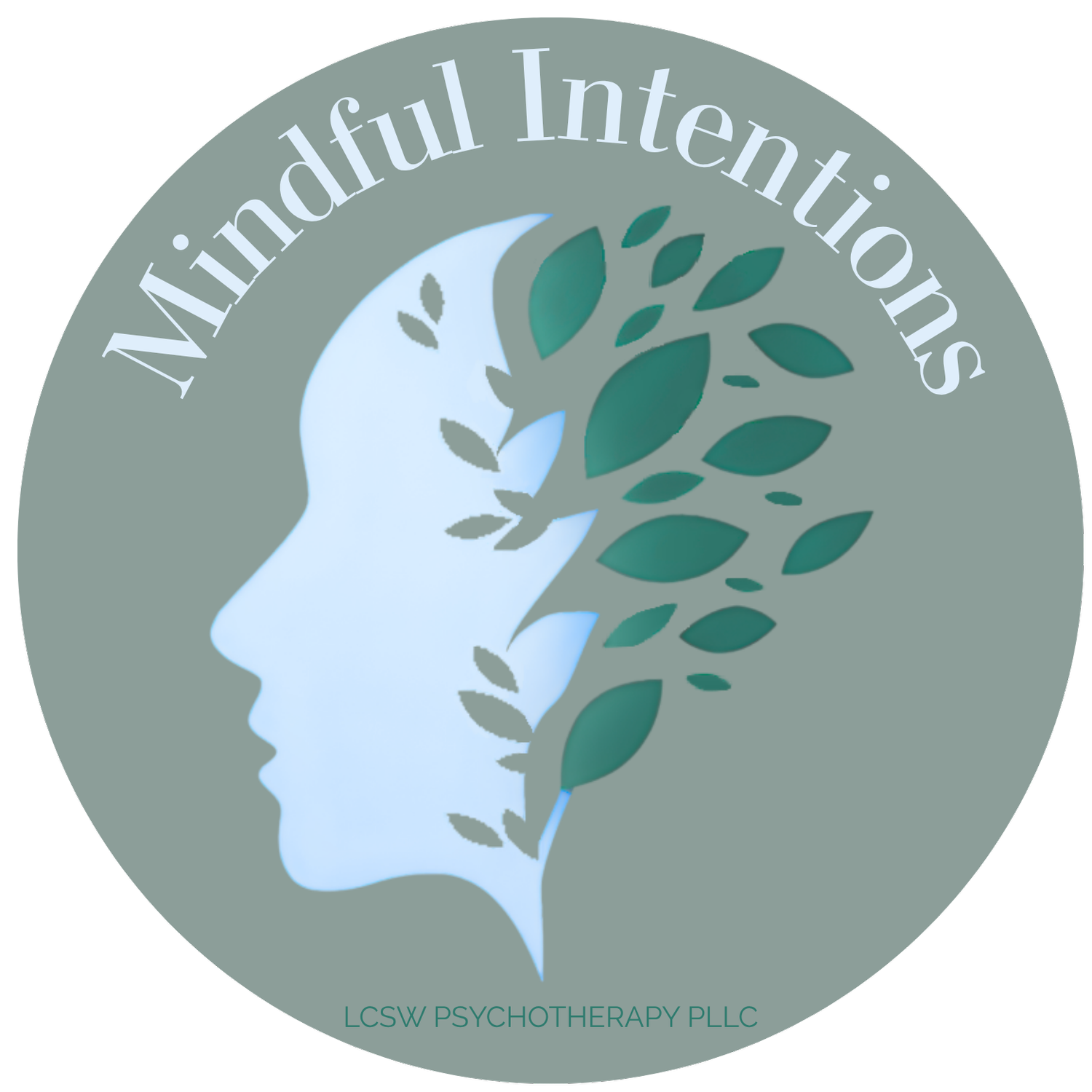Bereavement
Bereavement is the process of grieving after the loss of someone important to you. It’s a deeply personal and often painful experience that can affect your emotions, thoughts, body, and relationships in ways that feel overwhelming or confusing. You might feel sadness, anger, numbness, guilt, relief, or even moments of peace—and sometimes all of these at once. Grief doesn’t follow a neat timeline or set of stages; it can come in waves, triggered by memories, anniversaries, or everyday moments that suddenly feel different.
It’s also common for bereavement to bring up questions about identity, purpose, or meaning—especially if your life was closely connected to the person you lost. You may notice changes in how you see yourself, how you relate to others, or how you move through daily routines. Some people find themselves withdrawing or struggling to function, while others may appear “fine” on the outside but feel emotionally disconnected or stuck inside.
In therapy, you don’t have to censor your grief or explain why it still hurts. This space is here to help you process your loss at your own pace, explore your feelings without judgment, and begin to adjust to a world that’s changed. Grief doesn’t mean forgetting—it’s about learning how to carry the memory of your loved one while slowly reconnecting with life in a way that honors both your pain and your resilience.
How We Can Help
In therapy for bereavement, the goal isn’t to “move on” or erase your grief—it’s to help you carry it in a way that feels more manageable and meaningful. Grieving is a deeply individual process, and therapy provides a safe space where you can explore your emotions without judgment, pressure, or timelines. You might be feeling sadness, anger, guilt, numbness, or even confusion about how you're supposed to grieve. Therapy makes space for all of that.
We begin by gently exploring the nature of your loss and your relationship with the person who died. We look at how this loss is affecting your emotions, your daily life, and your sense of identity. Some people feel stuck or disconnected from their grief; others feel overwhelmed by it. Through open conversation, emotional support, and sometimes guided reflection or creative expression, we work together to process the pain, honor the relationship, and begin adjusting to life without that person.
Depending on your needs, therapy might also address complications like trauma related to the death, unfinished business, or feelings of isolation. We may explore coping strategies, rituals of remembrance, and ways to reconnect with sources of meaning, support, and hope. The process unfolds at your pace, with the understanding that grief doesn’t go away—it changes, and so can your relationship to it.
Ultimately, bereavement therapy is about helping you find a way forward—not by forgetting, but by integrating the loss into your life with compassion, resilience, and care.
